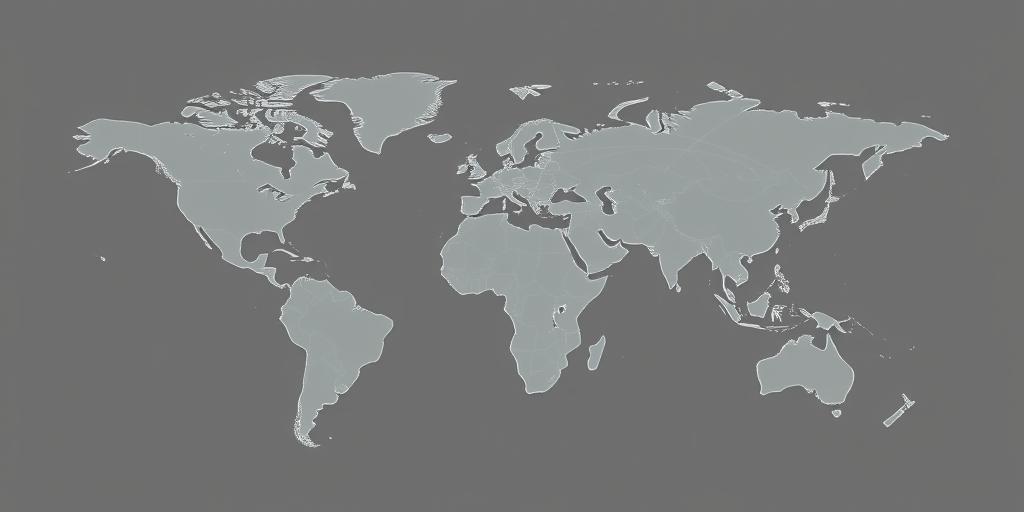The Impact of Borders on Geopolitical Stability
Borders, both physical and political, play a crucial role in defining the geopolitical landscape. They delineate sovereignty, regulate movement, and influence economic and cultural exchange. However, borders are also potential sources of conflict and instability. This article explores the multifaceted impact of borders on geopolitical stability, examining their functions, challenges, and implications for international relations.
Defining Borders: More Than Just Lines on a Map
Borders are often perceived as simple demarcations, but their significance extends far beyond mere lines on a map. They represent the boundaries of a state's jurisdiction, defining where its laws, regulations, and authority apply. Borders regulate the movement of people, goods, and capital, influencing trade, migration, and security. They also shape national identity and cultural interactions, fostering a sense of belonging within a defined territory while potentially creating divisions between different groups.
Borders as Sources of Conflict
Historically, border disputes have been a major cause of conflict between states. Disagreements over territory, resources, or ethnic affiliations can escalate into armed conflicts, undermining regional and global stability. Examples such as the ongoing disputes in the South China Sea or the historical conflicts in the Balkans highlight the potential for borders to fuel tensions and violence. Furthermore, poorly defined or porous borders can facilitate illicit activities such as smuggling, human trafficking, and terrorism, posing additional security challenges.
The Role of Borders in Maintaining Stability
Despite their potential to generate conflict, borders also play a crucial role in maintaining geopolitical stability. Well-defined and mutually recognized borders help prevent territorial disputes and promote peaceful coexistence between states. They provide a framework for managing relations, resolving disagreements, and fostering cooperation. Additionally, borders enable states to exercise control over their territory, enforce laws, and protect their citizens from external threats. Effective border management is essential for ensuring national security and preventing cross-border crime.
The Impact of Globalization on Borders
Globalization has profoundly impacted the traditional role of borders. The increasing flow of goods, capital, and information across national boundaries has blurred the lines between states, challenging the notion of strict territorial control. While globalization has fostered economic growth and cultural exchange, it has also created new challenges for border management. The rise of transnational crime, terrorism, and irregular migration requires states to enhance cooperation and adopt innovative strategies to secure their borders without impeding legitimate flows.
The Future of Borders in a Changing World
As the world becomes increasingly interconnected, the future of borders is likely to evolve. Some argue that borders will become increasingly irrelevant as globalization progresses and new forms of governance emerge. Others maintain that borders will remain essential for preserving national sovereignty and managing global flows. Ultimately, the impact of borders on geopolitical stability will depend on how states adapt to the challenges and opportunities of a changing world. Effective border management, international cooperation, and respect for the rule of law will be crucial for ensuring that borders serve as bridges rather than barriers to peace and prosperity.
In conclusion, borders have a complex and multifaceted impact on geopolitical stability. They define sovereignty, regulate movement, and shape national identity, but they can also be sources of conflict and division. As the world becomes more interconnected, states must work together to manage borders effectively, promote cooperation, and ensure that they contribute to a more peaceful and prosperous future.









